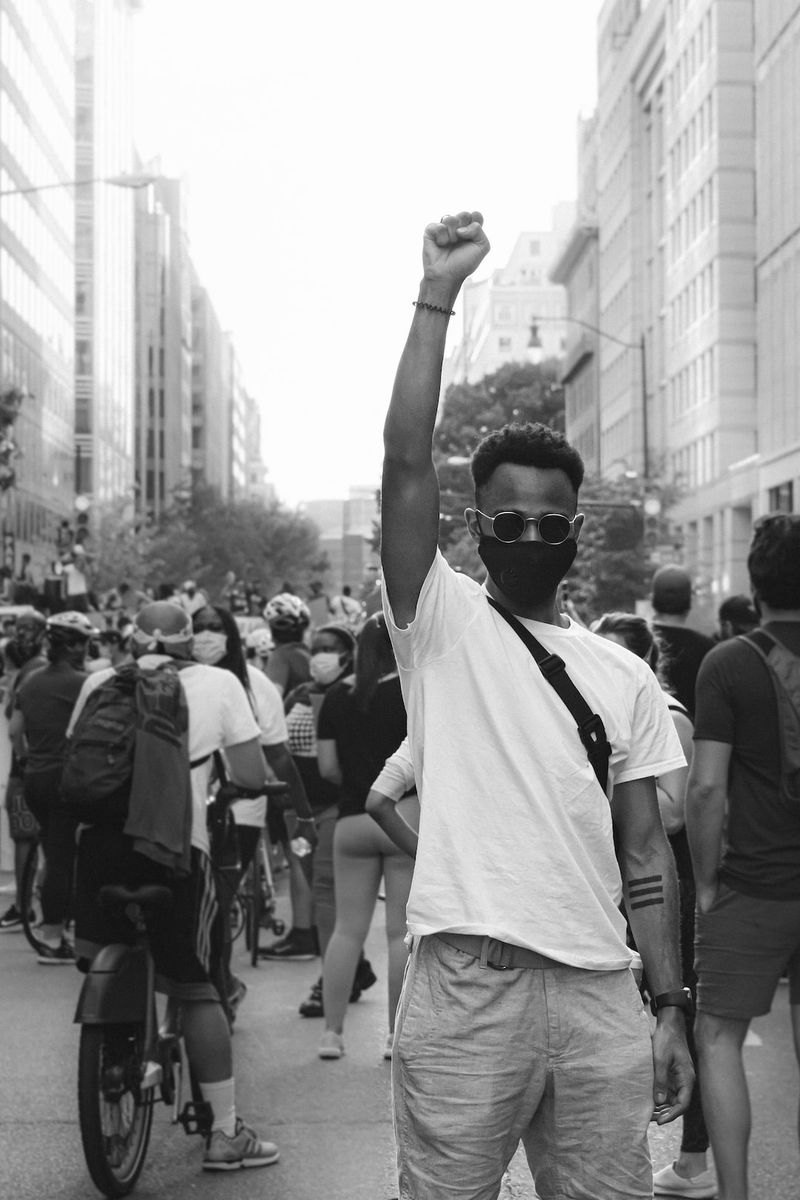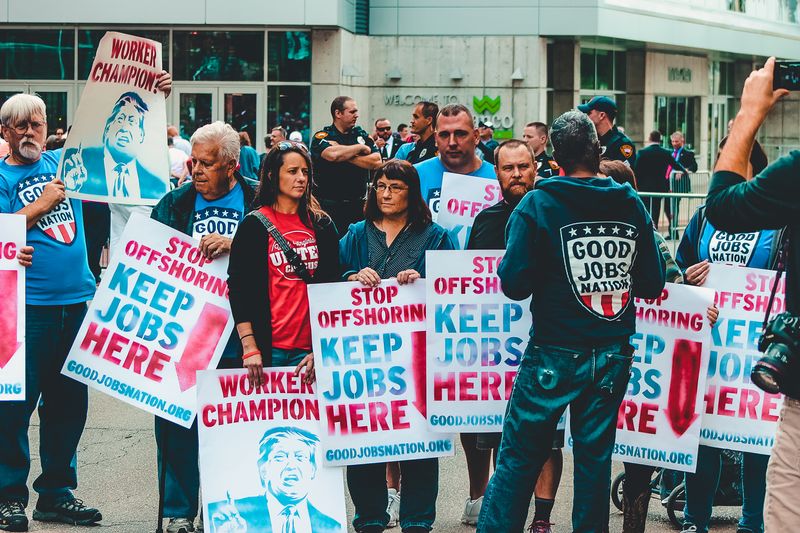Exploiting “Youthful Idealism”: The Debate over Lowering the Voting Age in Northern Ireland
The Proposal to Lower the Voting Age
A recent proposal to lower the voting age from 18 to 16 in Northern Ireland has sparked a heated debate among politicians and the public. The motion, put forward by the Newry, Mourne and Down District Council, called on all 10 councils in Northern Ireland to support the move. However, at a recent meeting of the Ards and North Down Borough Council, the proposal was rejected, with the Democratic Unionist Party (DUP) councillor arguing that it would exploit the “youthful idealism” of children.
Arguments For and Against
Supporters of lowering the voting age argue that 16 and 17-year-olds are mature enough to participate in the democratic process. They point out that at this age, individuals can already make significant life decisions such as joining the military, getting married, and paying taxes. Furthermore, they contend that young people have a stake in the political decisions that will shape their future and should therefore have a say in choosing their representatives.
On the other hand, opponents argue that lowering the voting age would undermine the notion of adulthood, which is generally considered to begin at 18. They argue that 16-year-olds are still too young and inexperienced to make informed political decisions. Some express concerns about the potential manipulation of young voters by political parties, exploiting their idealism and vulnerability. These opponents question where to draw the line – if 16-year-olds are deemed old enough to vote, why not 15, 14, or even 13-year-olds?
International Perspectives
In considering whether to lower the voting age, it is worth examining international practices. The Northern Ireland Office (NIO) pointed out that the age of 18 is recognized as adulthood in the majority of democratic countries, including the United States, Australia, New Zealand, and most European Union countries. These countries believe that 18 is the appropriate age at which an individual becomes an adult and should be granted the right to vote.
Editorial: Striking a Balance
The question of whether to lower the voting age is one that requires thoughtful consideration. On the one hand, there are valid arguments for extending voting rights to 16 and 17-year-olds. These young people are engaged with issues that affect their lives, and their voices should be heard in the political process. However, there are also concerns about the maturity and readiness of younger voters, as well as the potential for exploitation.
Given these conflicting perspectives, a balanced approach may be the most prudent course of action. One possibility would be to introduce a gradual lowering of the voting age, with 16 and 17-year-olds allowed to vote in local elections first, before being granted the right to vote in national elections. This would provide an opportunity to assess the impact and effectiveness of lowering the voting age while minimizing the potential risks.
Advice: Engaging and Educating Young Voters
Regardless of the outcome of the debate over lowering the voting age, it is essential to address the concerns and engage with young people in the political process. This can be done by implementing educational programs that promote civic literacy and political participation. Young people should be encouraged to develop critical thinking skills, understand the importance of their vote, and engage with the issues that affect their lives. By empowering young voters, we can ensure that their voices are heard and their interests are represented in the democratic process.
In conclusion, the debate over lowering the voting age in Northern Ireland raises important questions about the inclusion of young people in the political process. While there are valid arguments on both sides, a measured and balanced approach, combined with efforts to educate and engage young voters, may provide a way forward that respects the rights and concerns of all parties involved.

<< photo by Gayatri Malhotra >>
The image is for illustrative purposes only and does not depict the actual situation.
You might want to read !
- Remembering Paul Bird: A Legendary Champion and Team Owner’s Legacy
- Battle at the Bridge: Crystal Palace Emerges as Surprising Front-Runner for Arsenal’s Rob Holding
- Amber de Botton Resigns as Rishi Sunak’s Director of Communications
- Editorial Exploration: Evaluating Jack Harrison’s Potential Impact at Everton
Title: “Examining Jack Harrison’s Impending Everton Loan: Strengths, Challenges, and Potential Contributions”
- Harry Winks: Unveiling the Potential Impact of Mauricio Pochettino’s Insights
- Unleashing Havertz: Assessing the Potential Impact of Kai Havertz in Mikel Arteta’s Arsenal
- Rishi Sunak’s Communications Chief Departs Downing Street: Assessing the Impact and Implications
- Exploring the Potential Move: Ross Stewart’s Transfer to Southampton Update
- “Proud Boys Leader Joe Biggs Sentenced to 17-Year Prison Term for Role in US Capitol Attack”
- Chelsea’s Mason Burstow Joins Sunderland on Loan: A Gamble or a Winning Move?
- Sunderland secures loan deal with Burstow for promotion push
- Southampton’s Failed Signings: Ross Stewart and Che Adams Deals Fall Through




